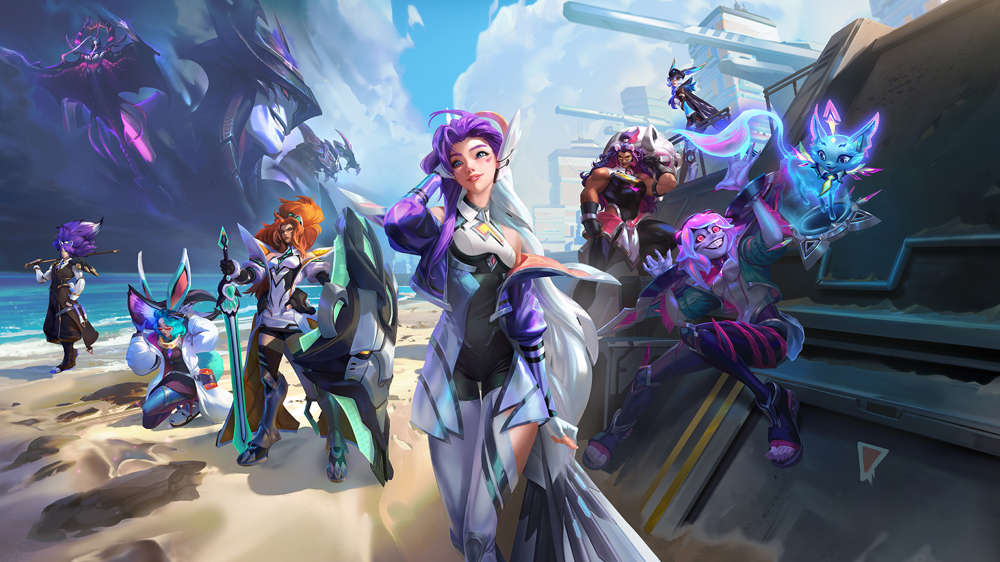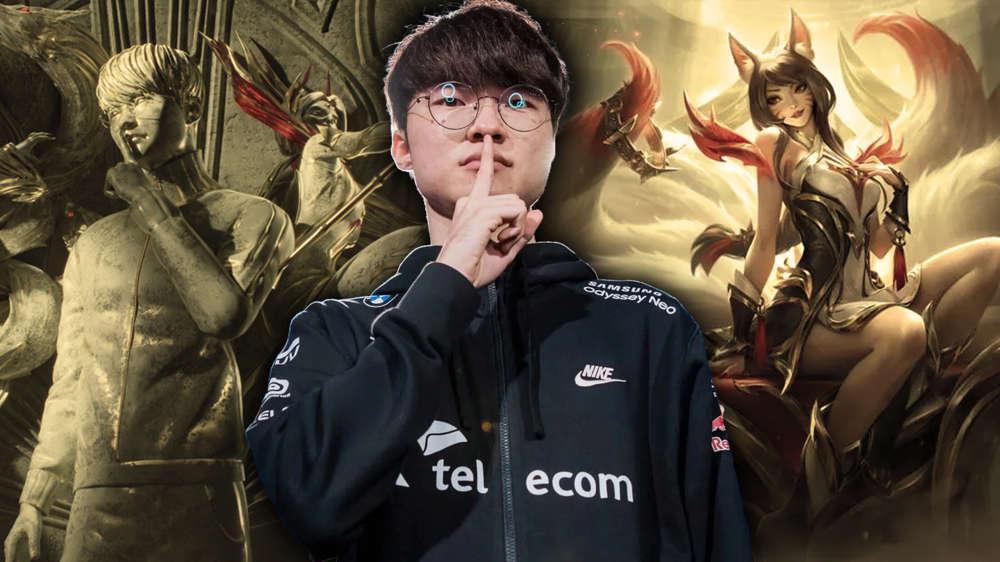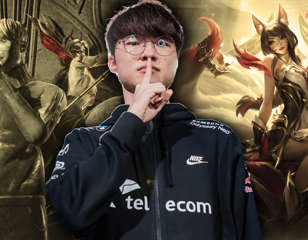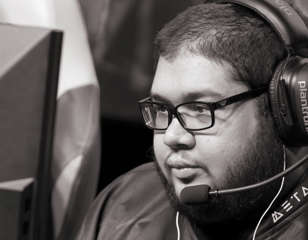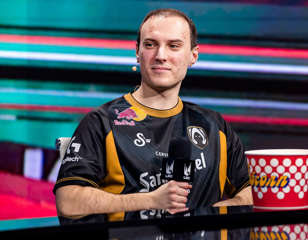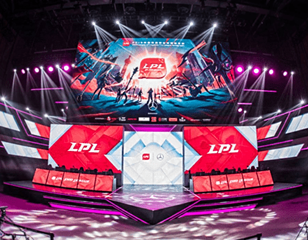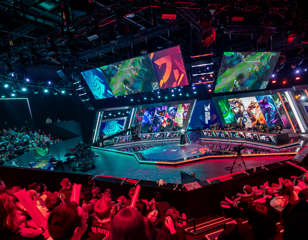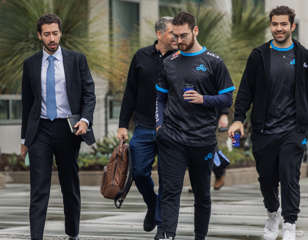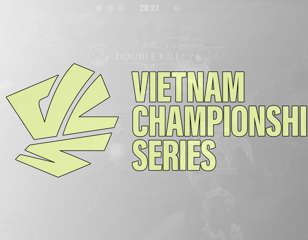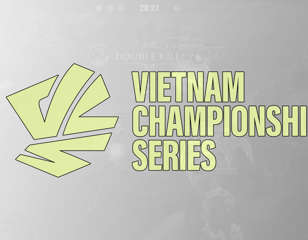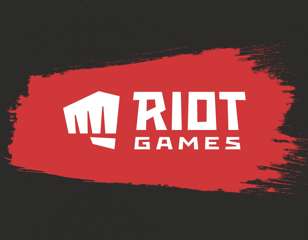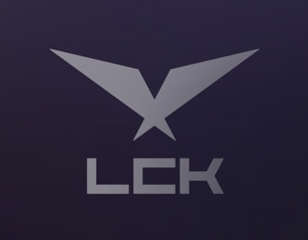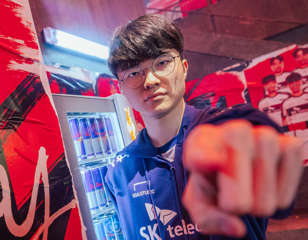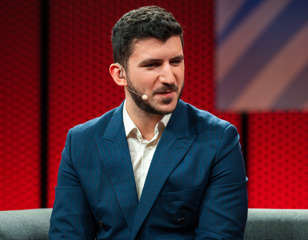As LoL esports inches closer to a VALORANT model, OAM opens discussion about franchise fees
President of Esports for Riot Games, John Needham announced a change in revenue structures for their League of Legends franchise leagues. Now owners are wondering about their fees.
15th Mar 2024 17:05
Image via Riot Games
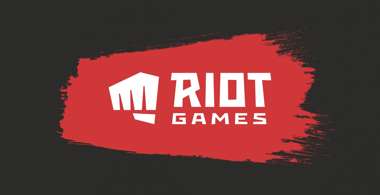
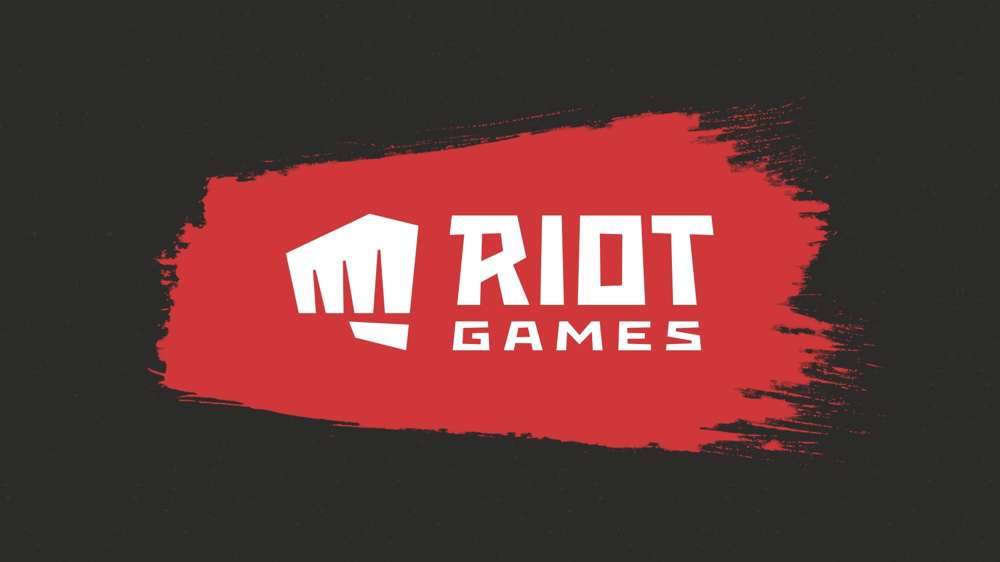
As LoL esports inches closer to a VALORANT model, OAM opens discussion about franchise fees
President of Esports for Riot Games, John Needham announced a change in revenue structures for their League of Legends franchise leagues. Now owners are wondering about their fees.
15th Mar 2024 17:05
Image via Riot Games
Riot Games President of Esports, John Needham has announced a restructuring of League of Legends' global franchise system. Aiming to increase revenue from digital team items and open up more opportunities for involved stakeholders, Riot looks to align incentives of their operations and esports organisations.
Aligning goals
In January this year, Riot Games laid off 530 employees or 11% of its workforce across its company. The layoffs included both the development side as well as the esports division. The changes within Riot Games arrived as part of the larger trends within the esports and gaming industry, with thousands of employees across the industry having been let go over the last year.
According to Needham, Riot has acknowledged the industry-wide struggle, seeing issues in the stability of the present revenue models, which largely rely on sponsorships and have proven to be a volatile revenue source during these periods of macroeconomic decline.
For years, esports organisations pleaded with developers to get a cut of the games' revenues, arguing that esports was a promotional tool for the titles at large, contributing to fans' growth and spending habits. Several developers, such as Dota2 and CS2 developer Valve and Riot Games with VALORANT, had created crowdsourcing programs in the form of digital items that contributed directly to the esports ecosystem.
For VALORANT, Riot had opted not to go down the route of the prevalent strategy of the mid-10s, building franchised leagues with low double-digit buy-ins into these programs. Instead, it created a partnership system with the VALORANT Champions Tour, vetting teams on various factors and providing a direct revenue stream for those participating partners.
With the announcement, Riot Games is looking to bring the global franchise leagues in their MOBA closer to the VALORANT model. For the South Korean LCK, North American LCS, EMEA's LEC, and eventually the Chinese LPL, Riot is looking to diversify the revenue model in similar ways, creating a system called the Global Revenue Pool.
The GRP is designed to distribute digital content sales revenue more equitably among teams. Revenue allocation includes general shares (50%) for every tier 1 organisation, competitive shares (35% based on performance), and fandom shares (15% based on team fandom and engagement).
Two question marks
Within the announcement, Needham shared that Riot was also looking to distribute revenue from direct sources such as sponsorships and media rights among franchised teams, however only after recuperating Riot’s annual investment, a bar that is likely a challenging one to clear.
While the company has never publicly disclosed an exact breakdown, the blog post disclosed a ballpark number as Needham writes: "Riot invests hundreds of millions of dollars annually in LoL Esports."
Industry insiders such as Travis Gafford have speculated that the announcement might even result in a decrease in the payout that esports organisations will see, stating that he "would be surprised if this new strategy doesn’t decrease the amount Riot is paying."
Few esports organisations have publicly commented on the announcement, though OverActive Media, the parent company of the LEC franchise MAD Lions Koi, has stated in a press release that it was "fully committed to working alongside Riot Games in this transformative process."
With the League of Legends model inching closer to the VALORANT system, which notably lacks franchise fees, MAD Lions CEO Adam Adamou also asked to open the discussion around them, stating that "as part of this collaborative process, we aim to explore adjustments to these fees by seeking terms that reflect the evolving esports ecosystem and that support our mutual goals for sustainability and growth."

About The Author
Sascha Heinisch
Sascha "Yiska" Heinisch is a Senior Esports Journalist at GGRecon. He's been creating content in esports for over 10 years, starting with Warcraft 3.

